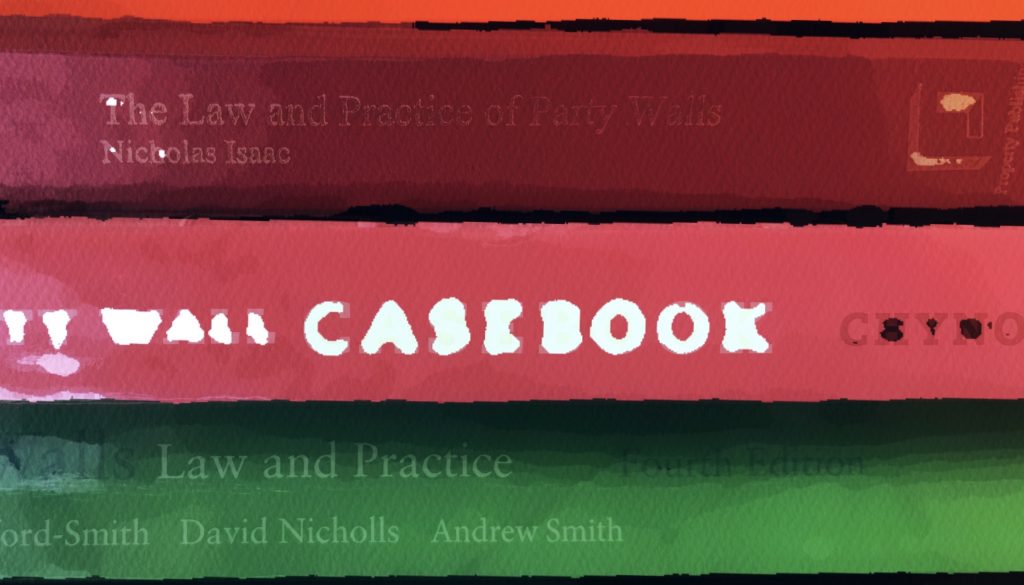Summary:
Addendum Award, awarding compensation to the building owner for damage caused by authorised notifiable works, successfully overturned on appeal on the basis that “no actual dispute had arisen”.
Facts:
Brighton and Hove City Council (“the Council) were refurbishing the Corn Exchange and, in doing so, wanted to underpin its walls. Brighton therefore served a section 6(5) notice on Lion Homes (Sussex) Limited ( “the Company”) as adjoining owner, notifying the Company not only of the underpinning of the walls of the Corn Exchange, but also of the boundary bungaroosh wall belonging to the Company and separating the two properties.
A substantive award was made on 27 June 2017 permitting those works. A separate deed (“the Deed”) was entered into between the parties permitting the Council to carry out further works, but providing that any damage caused to the Company’s property should be repaired to the Company’s “reasonable satisfaction”.
On 12 October 2017, as a result of the Council’s excavation works, the rear wall of the Company’s property partially collapsed, and was temporarily shored up on an emergency basis. It was common ground that damage had been caused, and that the Council was liable for remedying the same.
On 28 February 2018 the parties’ party wall surveyors made an addendum award (“the Addendum Award”) making provision for the Council’s liability to repair the damage and compensate the Company.
The Company appealed the Addendum Award. Although the appeal was brought on various grounds, the hearing which this judgment relates to was restricted to argument on two of the grounds (dealt with as preliminary issues), namely:
(1) that the parties had opted out of the Act by the terms of the Deed; and/or
(2) there was no jurisdiction to make the Addendum Award because there was no actual or deemed dispute under the Act to be determined.
The Decision:
The judge held that, as a matter of construction, the Deed did not opt the parties out of the Act as far as the works/damage in question was concerned.
However, the judge did conclude that not only was a dispute as to the remedial works a necessary prerequisite to an addendum award by the surveyors, but that there was no such dispute in this case. Consequently he overturned the award.
The deemed dispute which arose upon service of the initial notice was held to have been determined by the substantive award authorising works.
As to an actual dispute between the parties, the judge held that no such dispute had arisen on the facts. This decision was based upon his analysis of the correspondence passing between the parties, and between the surveyors, and is not an obvious conclusion based upon the extracts quoted in the judgment.
Comment:
This decision, rather like that in Subramaniam, might be said to go against the grain as far as party wall surveyors are concerned. Like Subramaniam the court makes a call for clarity on the part of surveyors. Here the judge said:
“It is important to have clarity and therefore if surveyors are to produce awards of their own initiative, they must make sure that there is clear evidence of a dispute. In many cases the absence of a clear dispute may not be a problem, but if, as in this case, one party take the point then the route to avoiding this lies in obtaining written acknowledgement of the parties that a dispute has arisen requiring an award”.
On a more positive note, this decision might be said to discourage that small minority of surveyors who are constantly seeking “disputes” in order to enable them to make more awards and generate more fees.
The full judgment can be found here
